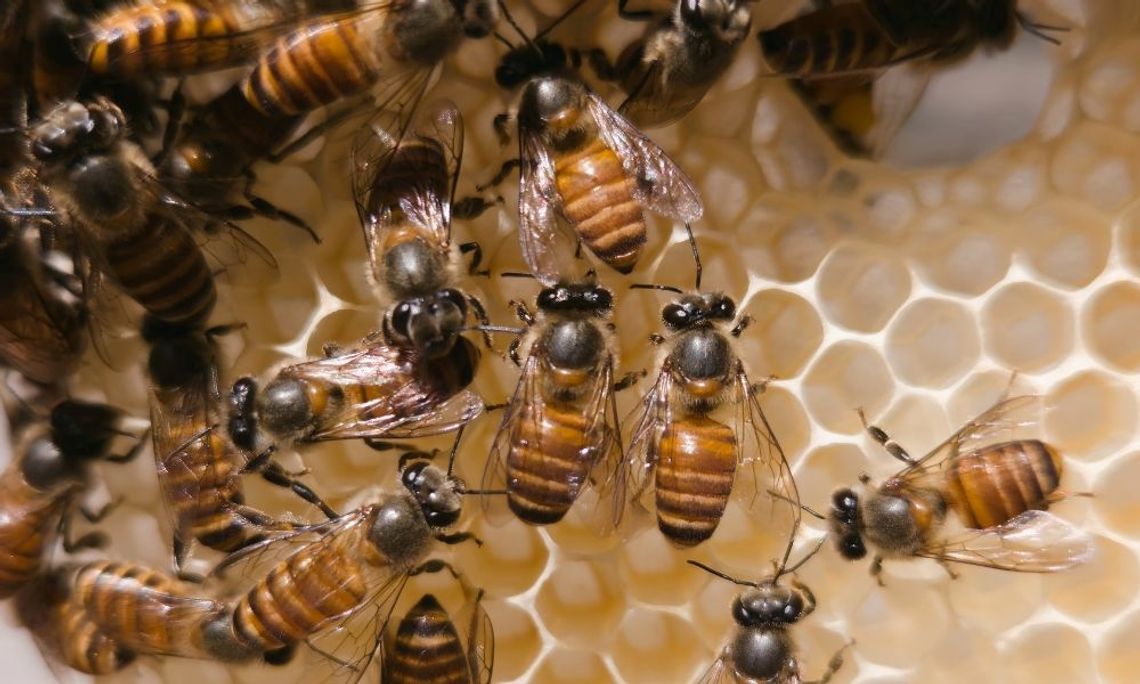As modern technology and e-commerce continue to grow, various industries are adapting to the online market, including the apiary sector. The development of the online market has helped beekeepers more easily access information about buying bees online. However, aspiring and seasoned beekeepers alike should know some essentials before making an online purchase. This article explores six things to know about buying bees online.
1. Research the Seller
Every consumer interested in beekeeping should prioritize making informed decisions by researching prospective sellers. Customers must look for suppliers with a solid reputation and positive customer reviews, particularly from fellow beekeepers. Ensure the seller is well-established and has a comprehensive knowledge of beekeeping practices. If you have concerns about the seller, contact the supplier for further information and clarification.
2. Review the Available Bee Types
Each seller may specialize in certain bee types, so understanding what species they offer is vital. Honeybees commonly come in three primary breeds—Italian, Carniolan, and Russian bees. Each class has unique characteristics and suitability to varying climates, honey production, and temperament. Assess which breed aligns with your goals, preferences, and beekeeping environment by communicating questions, goals, and concerns with the seller.
3. Consider the Package Options
Consider the package options available when purchasing bees from an online supplier. There are two main purchase options for buying bees: a package or a nucleus colony (nuc). Package bees typically consist of a queen bee, workers, and drones in separate containers, while a nuc is an already established small colony. Both options have distinct advantages and drawbacks, so you should analyze cost, shipping concerns, and beekeeping requirements before deciding.
4. Account for Shipping and Handling
Shipping live bees presents challenges, such as damaging or losing bees during transit. When deciding on a reputable seller, make sure they follow best practices for transporting bees long distances so the colonies make it across the country safely. A reputable seller knows how to ship bees using appropriate packaging and performing time-sensitive deliveries properly. Moreover, consider the shipping costs and handling guidelines, including the release and introduction of bees into your apiary.
5. Know the Laws and Regulations
Laws and regulations around the acquisition and transportation of bees vary depending on your location. Before purchasing bees online, familiarize yourself with local legal guidelines to avoid fines or penalties.
6. Plan for Disease and Pest Control
Before introducing new bees into your apiary, you should prepare for potential diseases and pests. Part of your strategy should be to inspect the bees for any signs of illness or infestation, which safeguards your existing colonies from harm.
Buying bees online offers expanded options and convenience for beekeepers, and these things to know about the process will help you obtain bees through e-commerce platforms. As with any purchase, diligence in examining the seller's reputation and product quality can ensure a successful transaction and thriving bee colonies.


Comment
Comments